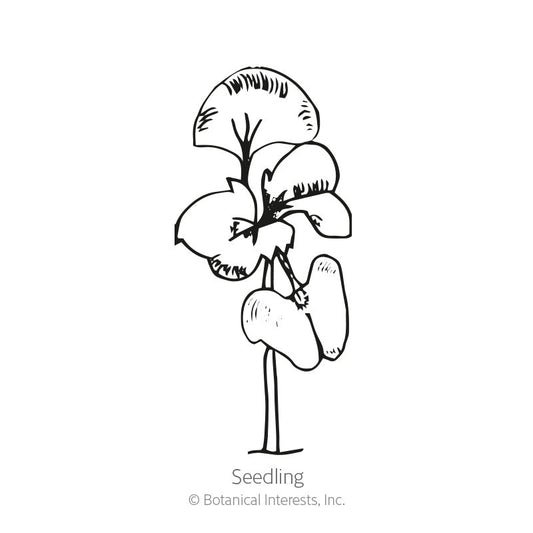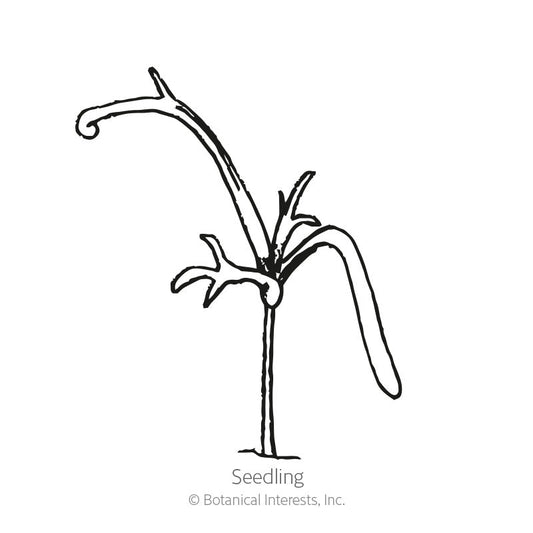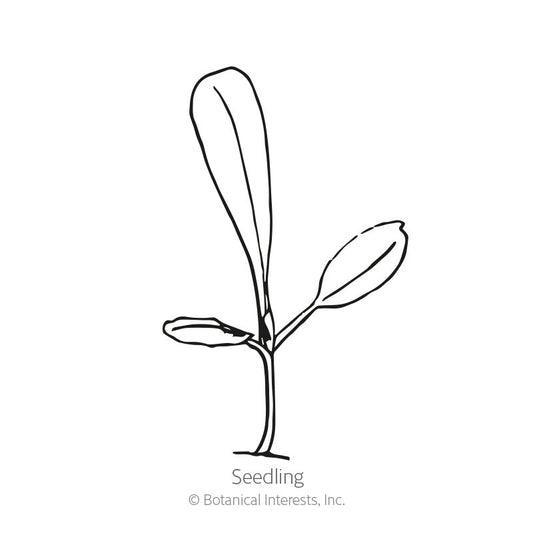


- Variety Info
- Sowing Info
- Growing Info
Variety Info
Days to Maturity: 44 Days
Family: Cucurbitaceae
Type: Bush Squash, Summer Squash (Learn more)
Native: North America
Hardiness: Frost-sensitive annual
Exposure: Full Sun
Plant Dimensions: Open and semi-upright compact vines form a 2' tall by 3'–4' bush type plant
Variety Info: 6"–8" long with classic green skin that is shiny and thin. Creamy white interior. Disease package = IR: ZYMV, WMV, PRSV, Px
Attributes: Frost Sensitive

Sowing Info
When to Sow Outside: RECOMMENDED. 1 to 2 weeks after your average last frost date, and when soil temperature is 70°-85°F.
When to Start Inside: Not recommended except in very short growing seasons, 2 to 4 weeks before transplanting. Roots are sensitive to disturbance; sow in biodegradable pots that can be planted directly into the ground. Transplant when soil temperature is at least 60°F.
Days to Emerge: 5 – 10 Days
Seed Depth: 1/2" – 1"
Seed Spacing: 2 – 3 seeds per mound
Row Spacing: 3' – 4'
Thinning: When 3 leaves, thin to 1 plant per mound
Your hardiness zone is
Growing Info
Harvesting: Harvest frequently to increase yield; squash seem to get monstrous overnight. While edible at almost any size, seeds are less developed in young fruit, therefore more tender. Using a knife or clippers, cut squash off including some of the stem. By including stem, the fruit is sealed and less likely to mold or dry out.
Special Care: Floating row covers can help protect from squash vine borer and cucumber beetles. Remove covers when plants begin flowering. Another method to exclude vine borers is to cover the base of the stems near the ground with mulch, foil, or fabric material, as the base of the stem is where insect eggs are laid. Squash plants are susceptible to fungal disease, so make sure plants have ample space for air circulation. Sowing pollinator-attracting plants near squash can assist in proper pollination, resulting in a bigger harvest and well-shaped fruit.










